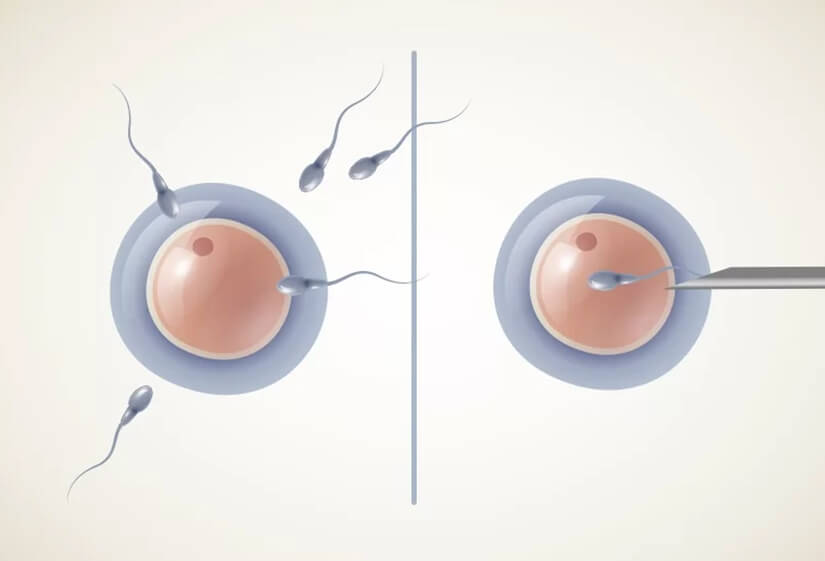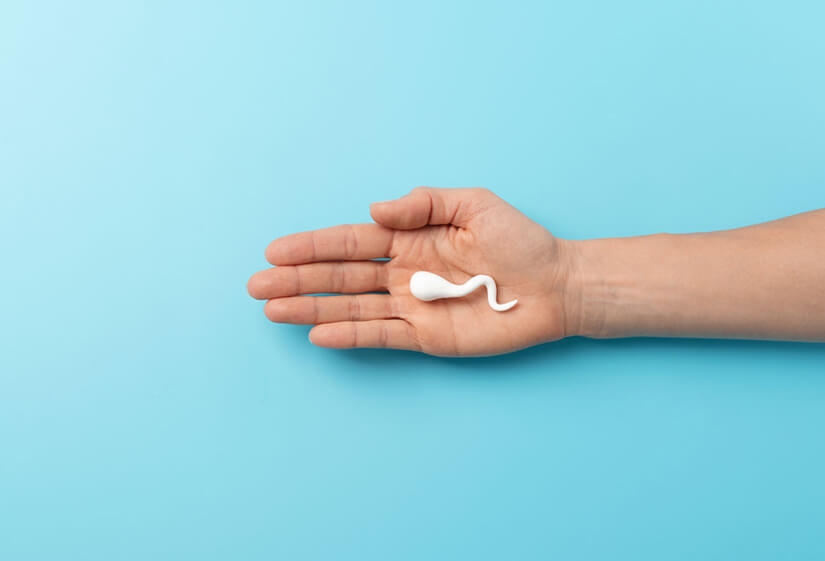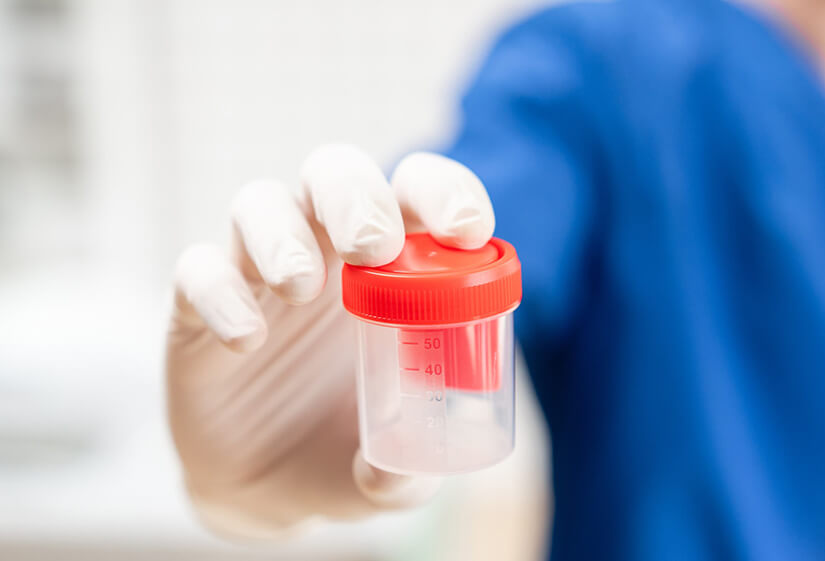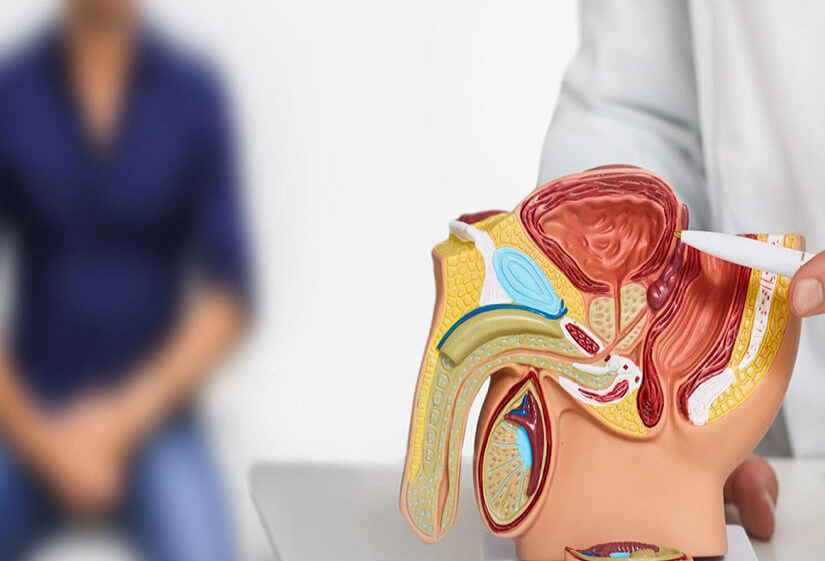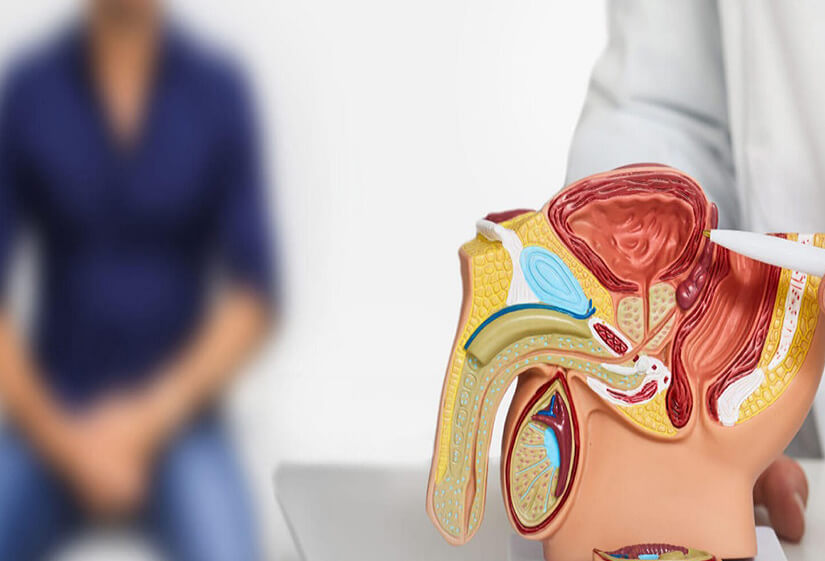Male Fertility Treatment EMI in Delhi – Financing & Insurance
For many couples, the first barrier to fertility care isn’t diagnosis, it’s money. Treatments like IVF, ICSI, and surgical procedures for male infertility are life-changing but can also feel overwhelming when you look at the bills.



